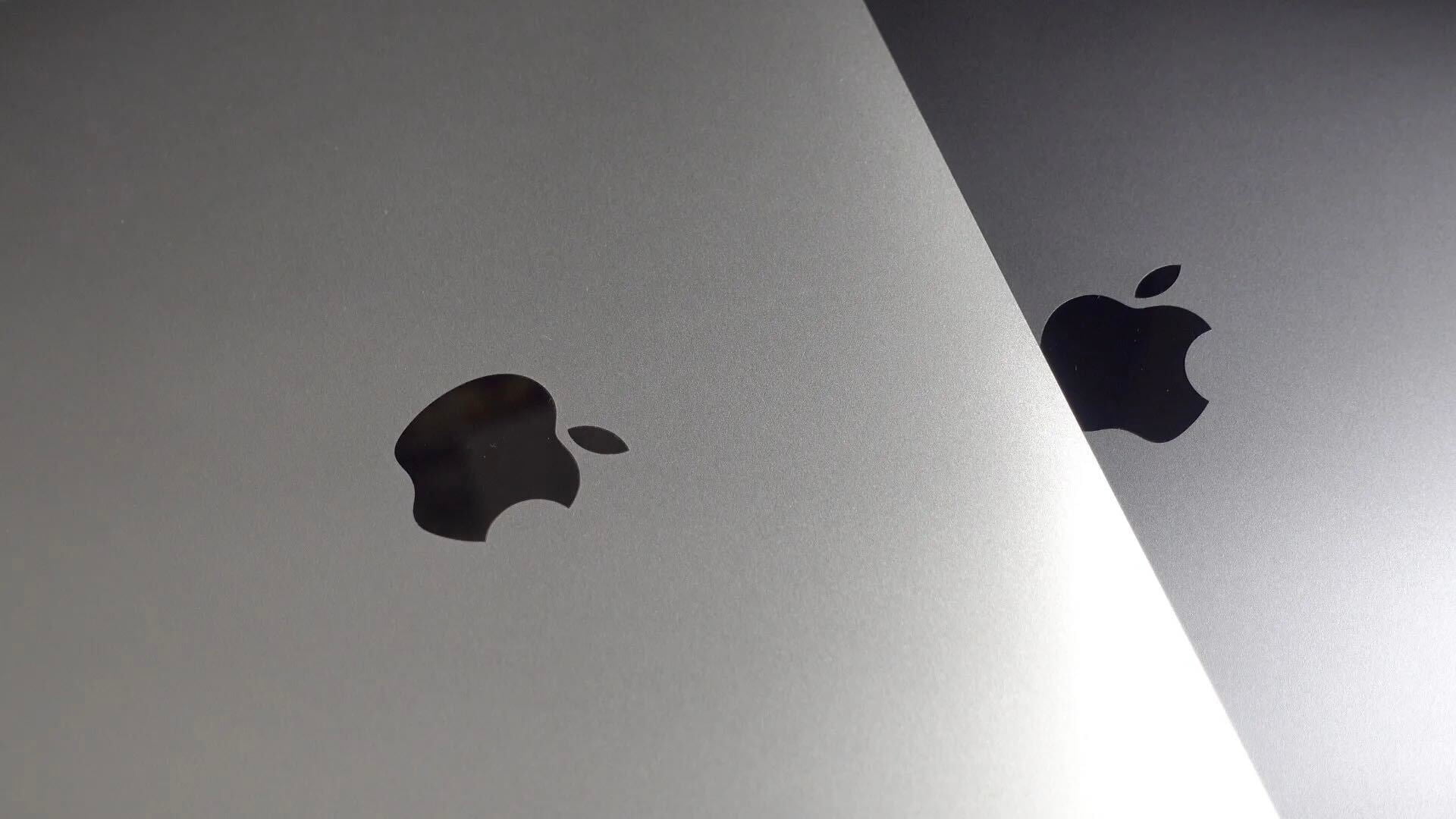
An NSA presentation leaked by NSA whistle-blower Edward Snowden pointing to the potential of smartphones for government surveillance suggest that Steve Jobs was an unwitting Big Brother figure by popularizing the devices and iPhone owners zombies for buying them.
The reference, made in slides leaked to German news site Spiegel, is to the 1984 ad (below) created for the launch of the original Macintosh.
About 130 million people in the US have [a smartphone]. The mini-computers have become personal communication centers, digital assistants and life coaches, and they often know more about their users than most users suspect.
For an agency like the NSA, the data storage units are a goldmine, combining in a single device almost all the information that would interest an intelligence agency: social contacts, details about the user’s behavior and location, interests (through search terms, for example), photos and sometimes credit card numbers and passwords.
The 2010 presentation, Exploring Current Trends, Targets and Techniques, describes steps the NSA was taking to hack into iOS, Android and Blackberry devices, and refers to the range of data it is possible to extract.
Under the heading “iPhone capability,” the NSA specialists list the kinds of data they can analyze in these cases. The document notes that there are small NSA programs, known as “scripts,” that can perform surveillance on 38 different features of the iPhone 3 and 4 operating systems. They include the mapping feature, voicemail and photos, as well as the Google Earth, Facebook and Yahoo Messenger applications.
The presentation does not suggest that any of the smartphone or online companies were complicit in allowing access to user data, although it has been suggested that denials made by Apple and others in regard to server access via the PRISM program may have been a matter of careful wording.
The slides include two stills from the original Macintosh ad from 1984. Apple famously aired the ad just once, relying on TV stations repeating it in news reports at no cost to Apple.
http://www.youtube.com/watch?v=g_d5R6Il0II



